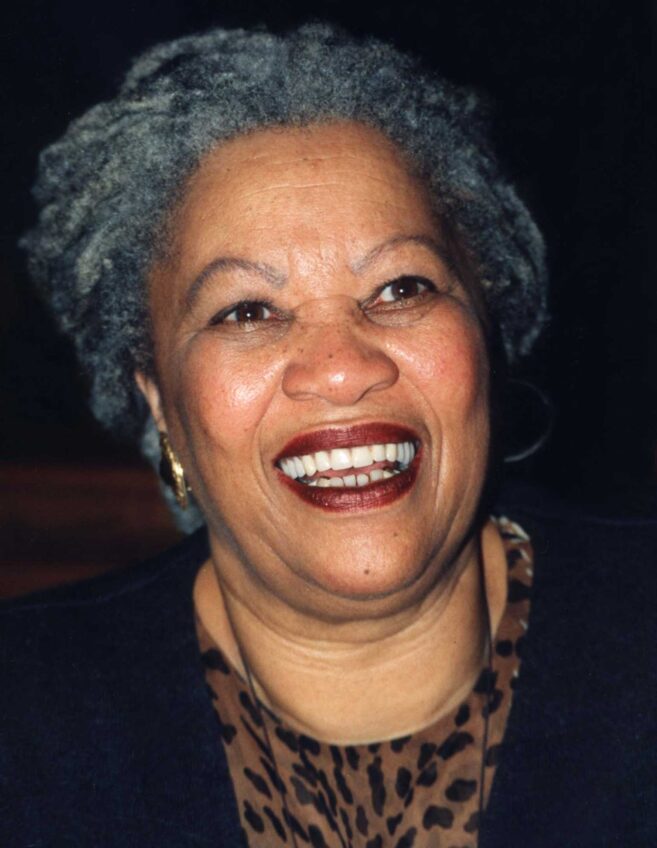Many a teacher has had to plow through a student’s hunger fog to impress facts and figures on them. It’s almost an impossible job — and yet food insecurity is all too common in the United States.
“More than 44 million Americans living in homes cannot afford enough food for themselves and their families,” says Joel Berg, CEO of Hunger Free America. “In a country with tens of thousands of millionaires.”
According to the USDA, in 2022, 1 in 5 students — 13 million kids — didn’t know when they would eat next. The government agency defines food insecurity as when families don’t have enough to eat and don’t know where their next meal will come from. And that includes folks who live in homes.
That matters, Berg says, because the perception of most Americans is that the hungry are those who are unhoused, are panhandlers or live in tents by highway off-ramps.
“In reality, most hungry people work and just don’t make enough to feed themselves,” Berg says. Folks like waiters, farm workers, and home healthcare aides.
Berg asserts hunger is solvable, though.
“Our politics are failing. Public policy is failing. We’re the only westernized nation on the planet that tolerates this rate of hunger,” Berg says. “And we’ve learned from the British to blame poor people for their poverty. A degree of racism enters into it as well. We act as if only Black people are hungry, when the largest number of the hungry are white.”
But Berg’s entire tone changed when asked about the role of the faith community. He praises faith groups for stepping up to make a difference.
“They have revolutionized the way I think about faith communities. Of course, the mandate is central to every religion on the planet. The theology is just so powerful. To even think that feeding the least of these is the same as feeding the Lord,” Berg says. And the opposite … that if we turn away the least of these, we’re turning away the Lord.
According to a global Ipsos study conducted on behalf of World Vision International in 16 countries, including the U.S.:
• Almost 4 in 10 parents in the U.S. say their children are not getting the proper nutrients they need on a daily basis.
• 21% of them worried about finding the money to buy food for their family.
• 18% have had a child in their household go to bed hungry due to a lack of availability of food.
• 23% have not known where the next meal will come from.
• People believe that first, governments are responsible for solving child hunger, second, parents, and third, organizations and agencies.
So if the atrocity of hunger can be solved, it is in everyone’s best interest to solve it.
“I’ve met Christians, Jews, Muslims, secular humanists who are putting their faith and values into action. Most I see are faith-based volunteers with decades of service, even taking money out of their own pockets to feed the hungry,” Berg says.
We’ve been given the commandment that will change all human societies.
According to Berg, who has known his reason for being since he hit the planet, it’s more than giving extras; it’s a matter of being intentional about reserving a measure of one’s own goods for the least fortunate.
“It’s tzedakah, a Hebrew word that means ‘justice’ or ‘righteousness.’ It’s a mitzvah or good deed that Jewish people consider very important. It’s a moral obligation that involves helping those in need through service, financial donations or tangible goods,” he says.
It’s no different for St. Timothy Missionary Baptist Church in Cleveland, Ohio. They have a food pantry that regularly provides meat, fruit, vegetables and dry goods to their community.
“We also offer a hot meal ministry that opens the church to the community on a bi-monthly basis,” says Pernel Jones Jr., chairman of the church’s deacon ministry. “We saw a significant increase during COVID and have seen elevated numbers in the years since.”
In Virginia Beach, Virginia, for more than four years, Open Altar Ministries has prepared weekly beach bags for 60 children, with non-perishables that include breakfast, snacks and chips, so they can eat when they’re not in school.
“We also have the pull-up pantry,” said Pastor Wendy Spady. “Sometimes the line stretches for a quarter mile, while they patiently await their turn. But every week, we feed 50-80 families, including 300 children.”
Berg wishes faithful people would take this fight to lawmakers and demand policy changes to make a real difference.
If you or your loved ones need help with food, call 1-866-3hungry (1-866-348-6479).
Rev. Dorothy S. Boulware is a religion and social justice writer. This column appeared first at WordInBlack.com.






